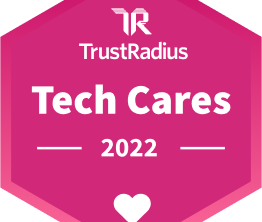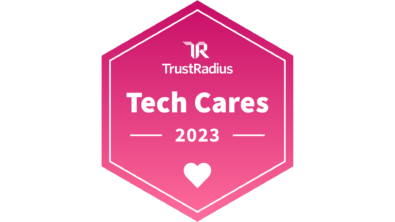Get Calibrated!
In the 1973 movie, Magnum Force, Harry Callahan (played by Clint Eastwood) battles a group of vigilante cops led by Inspector Briggs. It’s a classic action movie with Callahan eliminating the vigilante cops one by one until only their leader remains.
In the final scene, Callahan utters the iconic phrase “A man’s got to know his limitations” as he watches Inspector Briggs meet his end in a raging car fire. Briggs failed to kill Callahan just moments before when he had the chance. Callahan then outsmarted Briggs by setting off a car bomb and, well, the rest is cinematic history.
Briggs failure in judgment was one of “calibration”, a term that social scientists use to characterize how well people understand their own limitations.If you are as good as you think you are, then you are “well calibrated”; conversely if you are not as good as you think you are, you are “poorly calibrated”. A poorly calibrated person tends to be overconfident. In Magnum Force, Inspector Briggs was grossly overconfident in the last scene and made a fatal decision to let Callahan live.Generally, overconfidence doesn’t result in our immediate demise, but it can certainly lead to poor decisions.
Study after study shows that most of us, like Briggs, tend to be poorly calibrated especially when it comes to important skills that we need to do our jobs. For example, in one study, the U.S. Army found that 75% of soldiers were not as good at marksmanship as they predicted. In fact, in this study 25% failed to qualify at a minimum standard. What is surprising is that all of the soldiers in the study had predicted success. Their predictions were shown to be inaccurate after the marksmanship test; they were, in fact, poorly calibrated with respect to their marksmanship skills.
There are many other studies that show we tend to be poorly calibrated when it comes to assessing our own skills. It’s just part of being human. This inclination to exaggerate our talents stems from the fact that humans tend to take credit for events with positive outcomes and attribute negative outcomes to factors beyond their control… for example, when a stock pick doubles, it’s because we are amazing financial analysts and genius stock pickers… but when a favorite stock “tanks” it’s because the company ran into unforeseen and unpredictable bad circumstances…. We reiterate “it’s still a good company” and tend to hold a losing stock positions forever in the hope that the price will rebound. Most of us rarely take responsibility for the bad selection and cut our losses.
So how can we overcome our human tendency to exaggerate our abilities? In other words, how can we become better calibrated? Research shows that the best remedy for poor calibration is quick, corrective feedback. Feedback is a very effective way to become better calibrated… and research shows that the quicker the feedback, the better! Take the soldiers qualifying on the rifle range; either the targets fall or they don’t and the soldiers know at the end of the session if they’ve qualified or not. The nature of the task provides immediate feedback so the soldiers can recalibrate (and know if they are good shots or not).
However, as PLM workers, many of our decisions and actions are not well suited to immediate feedback, but we can always proactively solicit timely feedback. The important thing is to get feedback so we can get calibrated! Feedback takes many forms; it can be quantitative (e.g. reconciling sales actuals with forecasts or comparing CAE performance predictions with physical test results) or qualitative (e.g. measuring customer satisfaction with a new logo, product or service).Feedback can also be formal (e.g. Phase Gate Reviews) or informal (e.g. asking one or more of your colleagues for their opinion). All forms of feedback are valuable if we take them constructively and can help us improve our job performance. Formal feedback loops are usually mandatory so I am going to make some suggestions with regards to informal feedback.
Typically, informal feedback is only sought out if something goes wrong; I propose that you also solicit feedback when your decisions have the desired outcome. Even though the decision was a “success” we often get stuck in a “status quo” trap of doing business the same old way. It’s safe and it works, but it may not be the best! By asking for feedback regarding successes, we are looking for ways to truly innovate. Feedback can help us avoid the “status quo” trap.
It’s also important to ask for feedback from individuals who do not share your particular view or perspective; it’s this “outside” view that often leads to greater innovation and process improvement. Think about it; if you always get feedback from your friends and/or from people with similar values, education and job experience, it is less likely that they can provide insight into doing things another way. So, seek out the “Devil’s Advocate” in your company or someone from another department and ask them for feedback.
Remember to put your ego aside and listen to the comments objectively and don’t take them personally – always try to find a kernel of truth in any criticism. This will help you understand your limitations, spur some innovative thinking and (hopefully) lead to smarter decisions.
So, in the spirit of getting calibrated, let me know what you think of this article!


